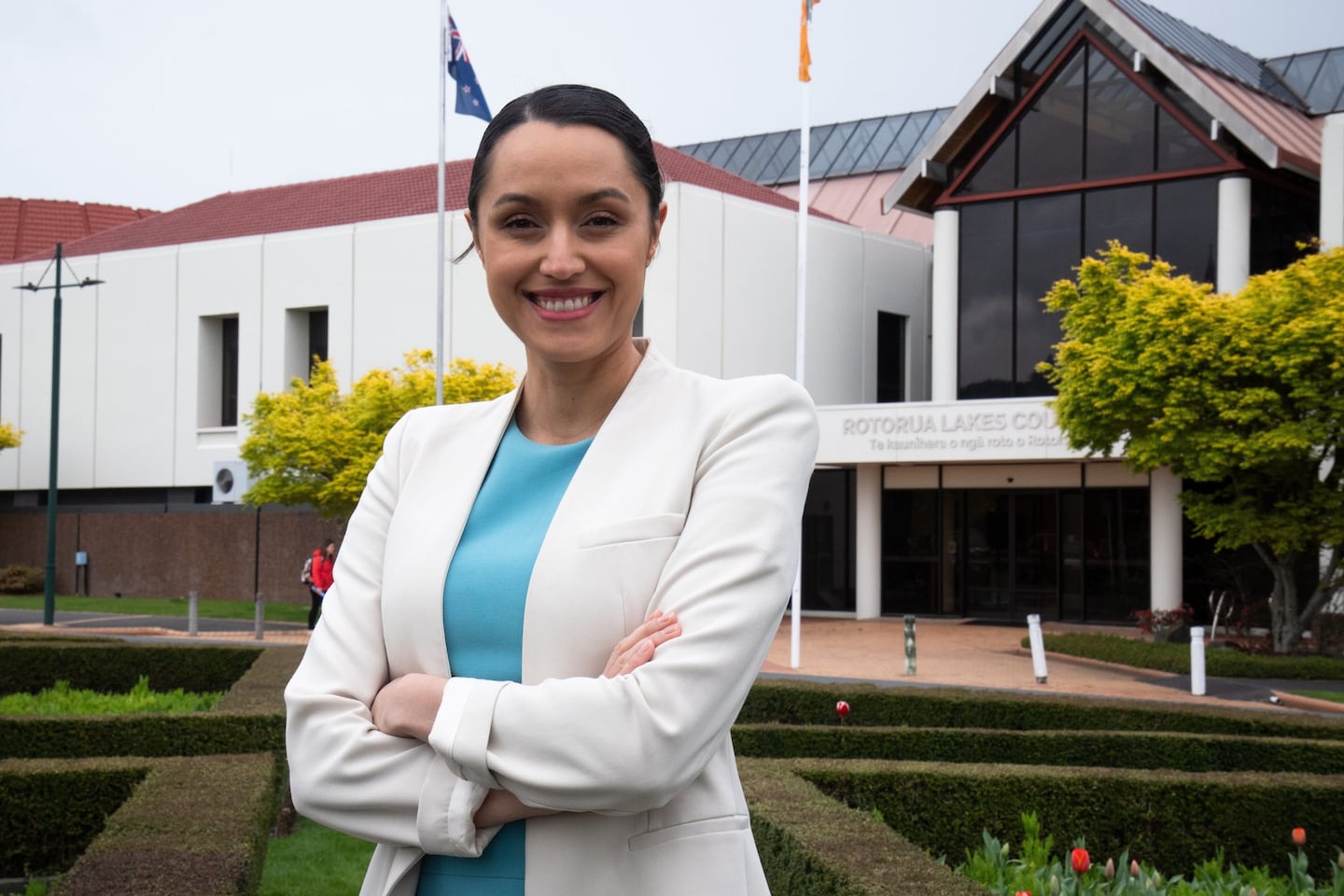Proud decision-making, disappointments, and “fiery” debate – Rotorua’s councillors have had a varied year.
Six elected members provided their end-of-year reflections to Local Democracy Reporting, and below is a summary of their thoughts.
Tania Tapsell on 2024
Tania Tapsell says her second year as mayor was about delivery after spending the first “fixing the major problems”, making appropriate investments and boosting community confidence.
Meaningful projects for her included starting the Rotorua Museum restoration and completing and opening the Rotorua Aquatic Centre and lakefront redevelopments.
She acknowledged councillors and Deputy Mayor Sandra Kai Fong for “being brave in really challenging times” and working to fix issues she said were often outside of the council’s control, such as emergency housing motels and community safety.
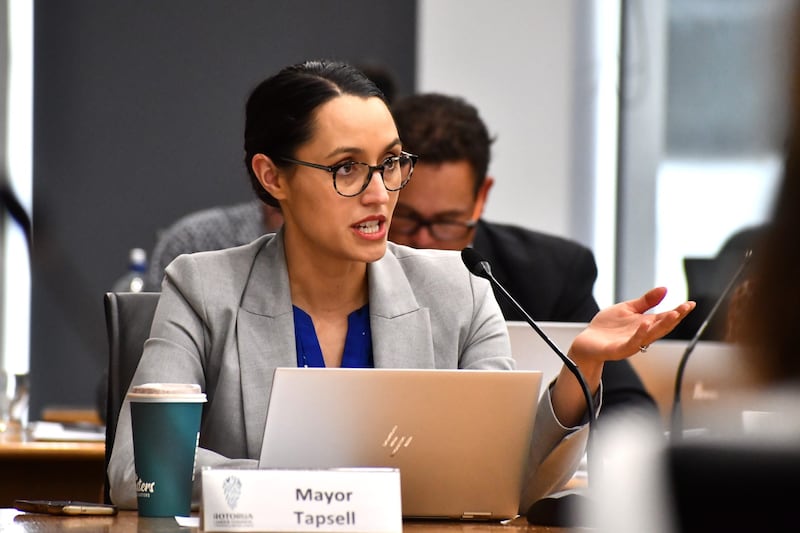
Community worries had “completely shifted” she said, and the council was able to focus on more aspirational and positive issues.
Tapsell said it was awesome to see how fellow members found their confidence. Some were “very confident” now.
“What I do love is we debate issues.”
Sometimes this was in a “fiery” way, but she said she had always been upfront with councillors in that while she would respect different views, she expected them to be shared in a respectful way.
“At the end of the day, we are all focused on the same thing which is making a better Rotorua for all.”
Tapsell viewed affordability, community safety, keeping the museum project on budget and restoring the city’s tourism reputation as focus points going forward.
Another key task was seeing the “end of emergency housing motels once and for all”. This was expected by the end of 2025.
“We will be very focused on ensuring this happens and advocating to Government to deliver on their promise of this too.”
She was also excited to reopen the museum and potentially find sponsors or investors to deliver spa pools and possibly hydro-slides at the aquatic centre.
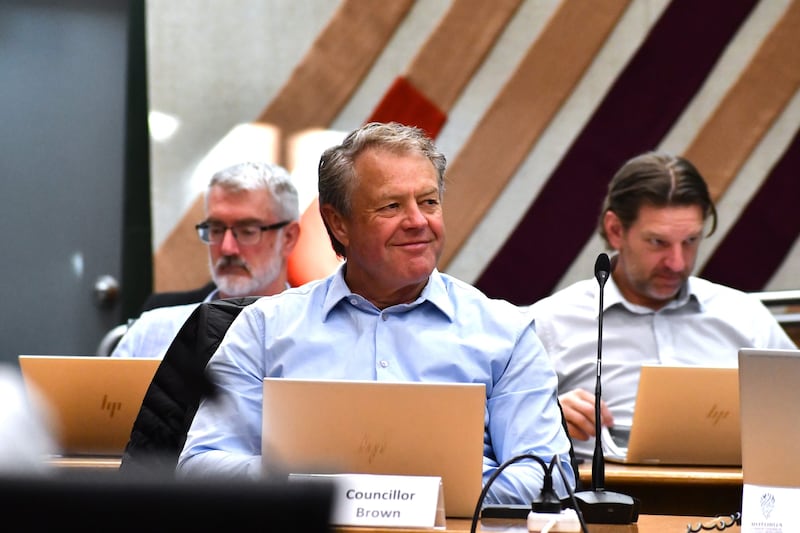
How councillors view the year
An improved museum restoration plan with lower cost and risk was among councillor Gregg Brown’s highlights.
“Throughout this process, I had to reassess my views multiple times, but I believe we made the right choice.”
Another was a “significantly improved” emergency housing situation, but he said he understood progress was not as fast as some people wanted.
On how he thought the council made Rotorua a better place, he referred to its decision to stop reserve sales in its first meeting, keeping operating costs down, removing the Green Corridor and, in his view, being more inclusive and transparent.
The city was “regaining its vibrancy”, but he viewed attracting future investment as a “true measure of our success”.
Māori ward councillor Lani Kereopa held similar views as colleagues about progress on “the emergency housing disaster” using the systems, policies and processes available to the council.
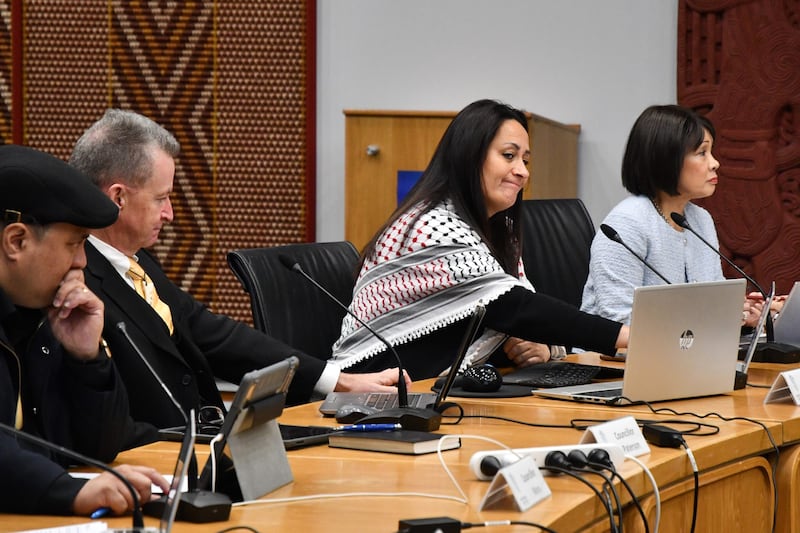
She believed tourism and business in the city seemed healthy, and colleagues worked the best they could together to achieve positive outcomes.
“I’m proud of a majority of our elected members who are open to learning new things and are respectful of others’ points of view, even if they don’t always agree with them.”
Kereopa worried for the working poor and how large chunks of the Rotorua population were among the most deprived.
She said rates rose across councils despite the cost-of-living crisis and services were cut.
“I can’t see any systems change in sight and I worry about how people will keep their homes.”
Kereopa previously shared her stance on the community safety approach and how she believed the council plan was an ambulance at the bottom of the cliff for not addressing poverty, and said she still held that view.
Councillor Don Paterson, while “extremely grateful” for the reserve-sale meeting decision, believed “the fight to preserve our precious green spaces for future generations, is far from over”.
Paterson spoke positively about this year’s decision to keep the council’s representation arrangement model and hold a referendum next year to allow the people to decide.
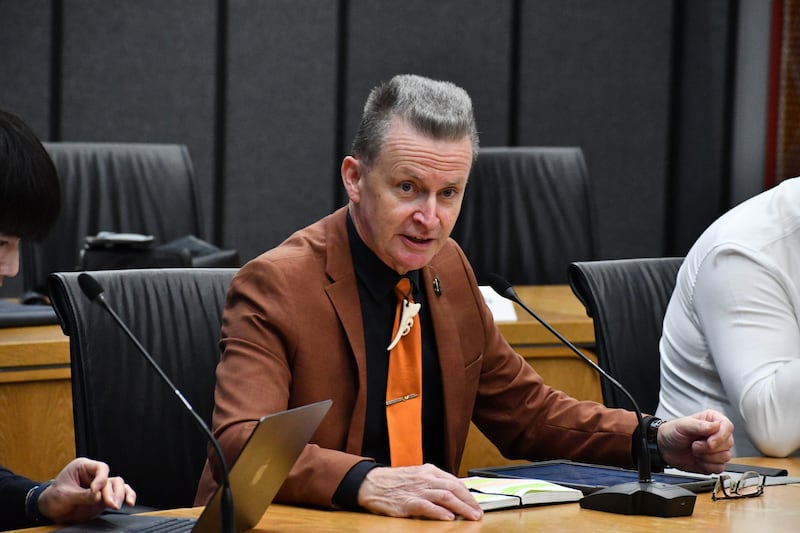
He believed the council’s biggest challenges included high-cost infrastructure projects, which were impacted by the economy, and how debt had “ballooned”.
This year’s annual report detailed how the council’s debt increased by $96 million from the previous year, reaching a total of $447m, which it said was driven by investment into major capital projects.
He saw this as putting pressure on the community as the council raised rates, which he said he fought to keep as low as possible.
Asked how the district fared compared to a year ago, he said while challenges existed, progress was made.
This included improved perceptions as a visitor destination impacted by emergency housing issues, motels were returning to tourism activities, and “less evidence of anti-social behaviour in the CBD”.
“A successful summer season is vitally important to keep that momentum positive.”
Councillor Robert Lee viewed the first year of the term as positive, but said he found the last 12 months “disappointing overall”.
He referred to a Lakeland Queen petition that was refused for being out of the council’s scope, and his learning of council-convened committees he viewed as secretive.
His highlights included the introduction of public forums and the cancellation of the Drag Queen Storytime at the Rotorua Library.
Lee believed there have perhaps been “some superficial improvements”. He viewed the Aquatic Centre and lakefront redevelopments as “underwhelming” for what they cost.
He did not think the council had “changed course” and while he understood the tough economic times, he believed the council was unable to deal with costs through rates rises.
Another concern was how the reticulation scheme costs “have escalated dramatically”.
He viewed fluoridation requirements as this year’s biggest challenge, particularly in how councils did not have the option to not do so.
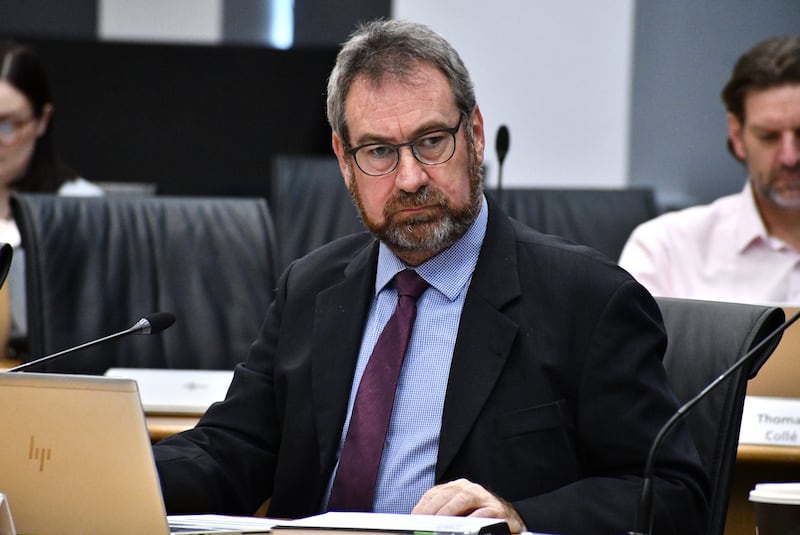
Councillor Fisher Wang called the past year an “eventful journey”, and the 2024-2034 Long Term Plan adoption was a “significant milestone”.
He was proud of the council’s investment in infrastructure and growth, especially in protecting communities from climate change impacts.
“I believe this council has moved the needle toward making Rotorua a better place. We’ve faced complex issues, like the continued concern around cost of living, and while not everything has been easy or universally popular, the steps we’ve made are a commitment to addressing the community’s needs for both now and for our future.”
It was building momentum on things such as economic development and there was “ongoing confidence” in Rotorua as a destination, he said.
Wang, a youth council alumnus, was proud of the first cohort from the revitalised programme for their dignity, maturity and clear vision.
Concerns he had going forward related to central Government decision-making and the impact on councils, including how it funded things.
LDR is local body journalism co-funded by RNZ and NZ On Air.


